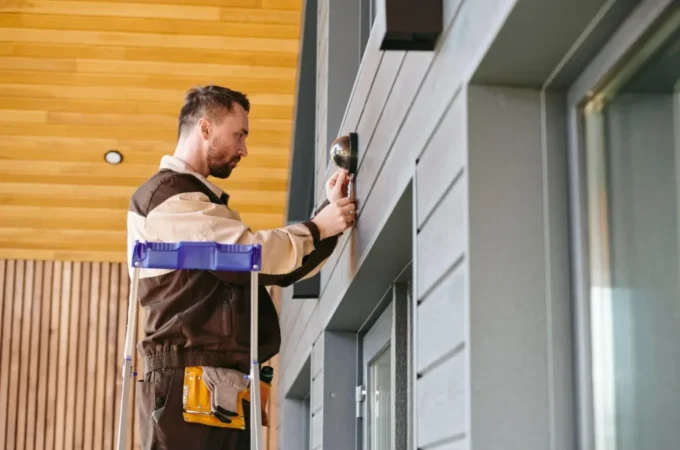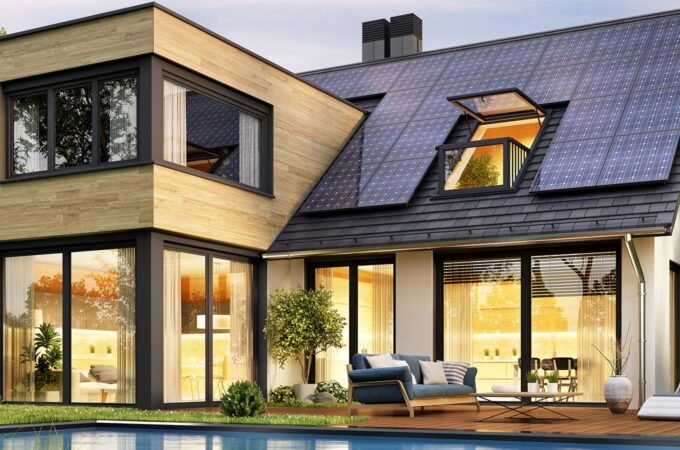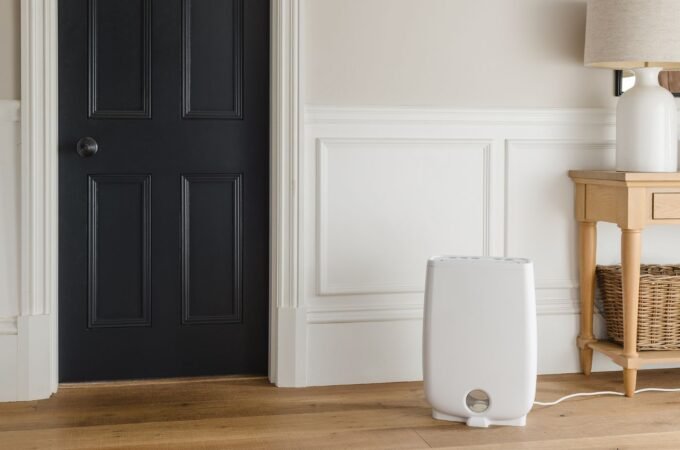
Is Your Home Ready for Solar Power? Assessing Your Suitability
Switching to solar power is a big step forward toward sustainability and reducing your energy bills. But before leaping, it’s crucial to evaluate whether your home is a good candidate for solar panels.
The assessment process involves evaluating several key factors, from the orientation of your roof to local weather patterns. By understanding the following, you can make an informed decision that benefits both your wallet and the planet.
Table of Contents
ToggleKnow Your Energy Consumption
The first step in assessing your home’s suitability for residential solar power is thoroughly understanding your current energy usage. Analyze your electricity bills over the past year, paying close attention not only to your overall consumption but also to your consumption patterns. This analysis should reveal both your average monthly energy needs and the specific times of day or seasons when your consumption peaks.
Understanding these patterns is crucial because it can significantly influence the size and configuration of the solar system you need. For instance, homes with high energy usage during the daytime might benefit more from solar power.
Moreover, recognizing periods of peak usage can help design a system that maximizes efficiency and cost-effectiveness, potentially reducing the number of solar panels required and optimizing the return on your investment.
Check The Roof’s Orientation And Space
The orientation and available space on your roof are critical factors in determining your home’s solar potential. Ideally, solar panels perform best on south-facing roofs in the Northern Hemisphere, as they receive the most direct sunlight throughout the day. However, the viability of east or west-facing roofs should not be overlooked—these orientations can still yield substantial solar energy, mainly if south-facing options are not available.
The effectiveness of these alternative orientations can vary significantly, influenced by your geographic location, local climate conditions, and the sun’s angle relative to your site. It’s also crucial to ensure there is enough unobstructed space on your roof to accommodate the necessary number of panels to meet your energy goals.
Evaluate Shading And Sunlight
Shade from trees, buildings, or other structures can significantly impact the effectiveness of your solar panels. Use tools or consult with professionals to analyze sunlight patterns on your roof throughout the day. Even partial shade can reduce the output of solar panels, so consider whether trimming trees or other adjustments might be necessary.

Consider The Roof’s Condition
Installing solar panels on a roof that’s in poor condition or nearing the end of its life can lead to additional costs and complications. If your roof needs repairs or will soon need to be replaced, it’s wise to address these issues before adding solar panels. A sturdy, well-maintained roof ensures that your solar installation can last for decades.
Understand Local Regulations And Incentives
Local building codes, zoning laws, and homeowners association (HOA) rules can all influence your solar project. Research these regulations to avoid surprises during the installation process. Additionally, look into federal, state, and local incentives that can make solar more affordable. Tax credits, rebates, and solar renewable energy certificates (SRECs) can significantly reduce the upfront cost of going solar.
Assess The Financials
Solar panels are a significant investment, and understanding the financial implications is crucial. One important aspect to consider is the comparison of upfront costs and potential savings on energy bills, including an assessment of PA electric prices if you’re located in Pennsylvania. This is particularly relevant as electricity rates can vary significantly by region, and PA electric prices may influence the cost-effectiveness of going solar in your area.
Calculate the upfront costs, potential savings on energy bills, and the payback period. Many areas offer net metering, which allows you to sell excess electricity back to the grid, further offsetting your costs. Consider financing options as well, such as solar loans or lease agreements, to find a plan that fits your budget.
Examine Your Home’s Energy Efficiency
Before installing solar panels, enhancing your home’s energy efficiency is a strategic step that can lead to needing fewer panels, thereby reducing the overall cost of your solar project. Simple upgrades, such as switching to LED lighting, improving insulation, and investing in energy-efficient appliances, can significantly decrease your energy consumption. This approach makes your solar installation more affordable and maximizes its efficiency and effectiveness.
Look Into Future Changes
Think about any future changes that might affect your solar panel system. For instance, if you plan to expand your home or increase your energy consumption, you’ll need to ensure your solar system can accommodate these changes. Planning for the future can help you avoid the need for costly system upgrades down the line.
Consult With Professionals
Engaging with certified solar installers and energy consultants is critical to accurately assess your home’s solar potential. These professionals can provide a comprehensive evaluation of your site, taking into account energy needs, roof characteristics, and local regulations.
Their expertise will guide you in selecting the optimal solar system, estimating energy production, and navigating financial incentives. This partnership ensures your solar project is tailored to your specific needs, offering reliable and up-to-date advice.
Conclusion
Assessing your home’s suitability for solar power involves a thorough examination of your energy needs, roof characteristics, local regulations, and financial considerations. By taking the time to understand these factors, you can ensure that your transition to solar energy is both smooth and beneficial. Solar power not only reduces your carbon footprint but also offers the potential for significant savings on your energy bills.






